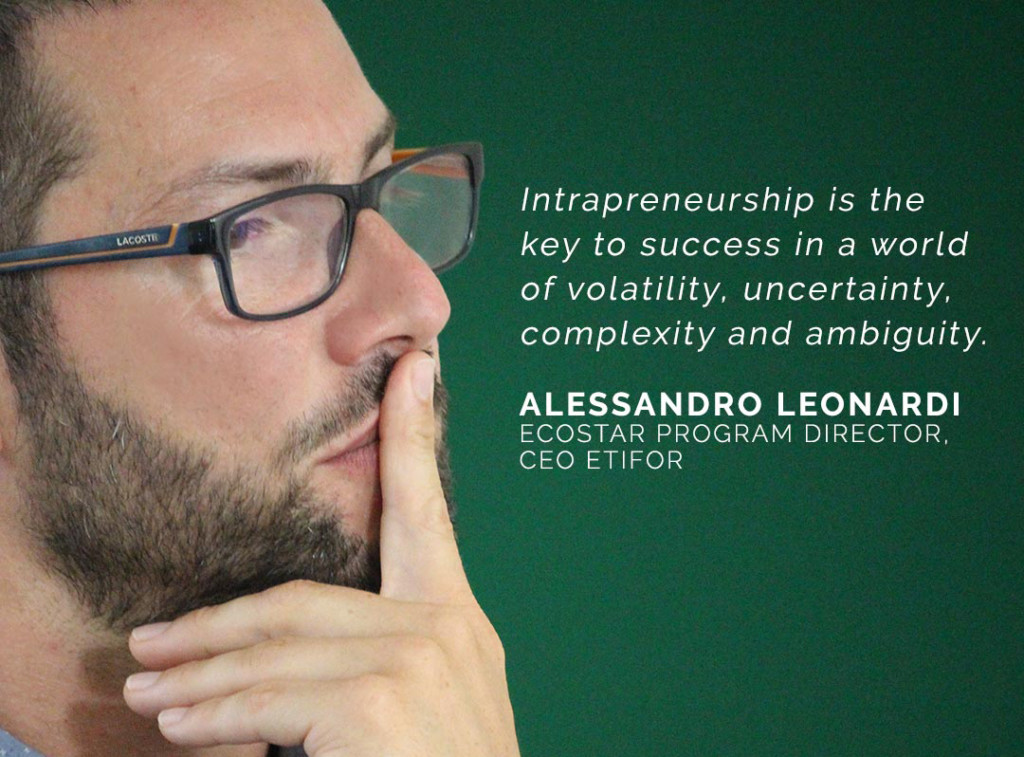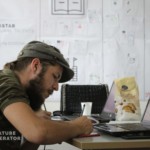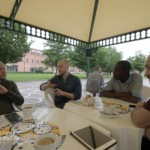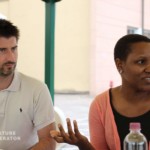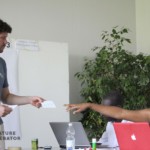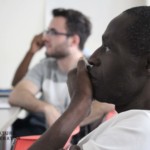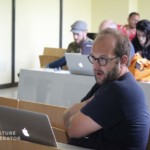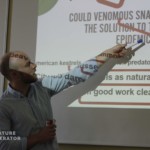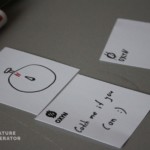Corporate culture
Corporate culture is the main instrument for corporate management, and one way to deal with the unintended negatives of growth.
While startups or any business may dream of growth, with growth may come compromise of employees’ high performance or freedom. What then should startup founders strive for? From red (magic/tribal) that relies on impulsive, survival management to amber (traditional/agrarian) with authoritarian style to orange (scientific/industrial) with task-oriented focus to green (post-modern/information) participatory, value-based approach and finally to teal where all members are self-organizing and adaptive, there are different levels within the teal management movement according to Frederic Laloux. Teal is the highest level where the company can be self-organizing.
How then can employees be self-organize? Simon Sinek’s Golden Circle reverses how many companies think by starting with the ‘Why?’ then on to the ‘How?’ and the ‘What?.’ Leaders then need to find a strategy to share the vision, the why, with all the employees so they become intrapreneurs and allow constant innovation from within. In a world of VUCA (volatility, uncertainty, complexity and ambiguity), without intrapreneurship companies cannot have enduring success. Intrapreneurship is what allows new ideas to spring from within the company.
Public, private funding
From crowdfunding to grants to Angels to venture capitals to IPO, there are various sources of funding. Funding for startups means time, means of survival, and acceleration opportunities. But not all funding types are meant for the startup stage; hence we look to funding from oneself, family/friends, grants, Angel and Angel Groups. Public fundings, as part of grants, can be further divided by scale: international, European, national, regional or local. Zooming into European fundings (which can be challenging but the lessons applicable elsewhere) we see that some are shared management funding (where the EU co-manages with Member States) and some are directly managed by the EU. Of the latter, there are grants related to specific EU policies and contracts. To not get lost amidst all the different categories, startups need to be clear about the relevant EU or global strategies, fund manager, legal basis, geographical scope, eligibility, funding breakdown, etc. and make sure they align with the startups’ needs and vision.
Our experience
Guy Whiteley, senior economist at Ricardo Energy & Environment joined us for one week. Based in the U.K. but operating internationally, Ricardo is an energy and environmental consultancy firm specializing in transport, energy and scarce resource sectors. Guy started Week 3 off with a Natural Bite presenting the case of investing in nature and how natural capital and ecosystem valuation could be an opportunity for the society, business and government, but also shared what deeply upsets him: animal extinction. Nature is often sidelined when considering different opportunities and tradeoffs. “We should care,” he says, adding how we’re stepping into the Anthropocene from the Holocene. Whether it is legal or regulatory, reputational, market, or financial reasons, the case for natural capital accounting stands strong. Valuation of natural capital can allow it to be a part of the decision making process.
Alessandro Leonardi, the Nature-Accelerator’s Program Director, and Davide Pettenella, Etifor co-founder and member of the scientific committee, led this week’s trainings. With Alessandro, our startups learned how he manages Etifor and ECOSTAR, going hands on comparing two applications for the European call for proposals. Our startups read, analyzed and discussed section to section ECOSTAR and a competitor that year. With Davide, we questioned what corporate social responsibility means and how startups can use it.
Our startup’s experience
“I like project management because it’s an area that I’m working on everyday,” says Brigitta of OBRI Tanzania. “I like the way Alessandro presented the methodology, showing the power of graphics. This can be useful not only for OBRI fundraising but also for other personal projects.” Brigitta was also a big fan of formulating and designing company advisory team and board of directors that can allow her to combine local and international experts to push forth her company.
Joseph of Central Park Bees enjoyed corporate culture trainings: “The relationship between the employees, team building, solving inside problem was useful and you can relate to it with what you’re actually doing.” He also appreciated the training on grant proposal writing. “The tools for proposal writing it’s a crucial part for social enterprises like us – we need it to grow and scale up our businesses. Adding such skills to our profiles was very useful.”
Wrapping up Week 3 and looking ahead
Equipped with corporate culture and public, private funding trainings, our startups get ready for Week 4 focusing on marketing and sales.
FIND OUT MORE
WEEK 1 ARTICLE: Why do we hack startup business model?
WEEK 2 ARTICLE: How do we analyze a startup market?
MEET THE STARTUPS: presentation event
Developed by ECOSTAR and powered by Fledge, the Nature-Accelerator is an intensive eight week acceleration programme for nature-based startups. As part of ECOSTAR initiative, Etifor Srl and the University of Padova, promote and manage the acceleration programme.



